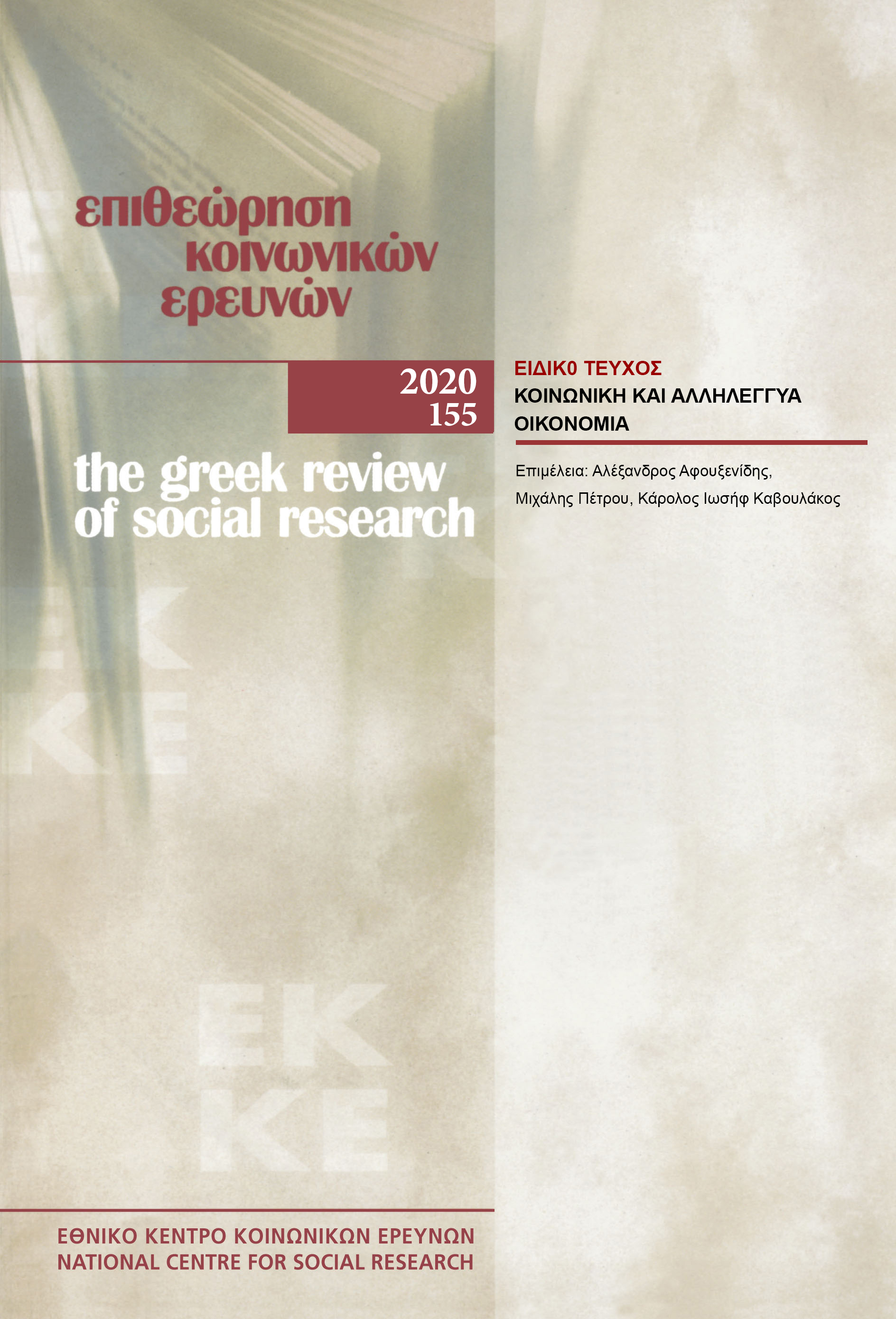Commons and refiguration of education

Abstract
This text introduces the emerging paradigm of the ‘commons’ as an alternative value and action system in the field of formal education. The main aim is to critically discuss the possibilities of refiguring the institutional formal education, both at the level of educational activity and governing or administration, following the values of equality, autonomy, community, participation, cooperation and sharing. At the heart of the study lies the ‘commoning’ process as an alternative educational and micro-political process that emerges in the cracks of the formal education system by creating practices that challenge the dominant discourse for education and society. Also, the similarities and differences of educational commons from other alternative educational narratives are critically investigated.
Article Details
- How to Cite
-
Pechtelidis, Y. (2020). Commons and refiguration of education. The Greek Review of Social Research, 155, 9–38. https://doi.org/10.12681/grsr.24807
- Section
- Articles

This work is licensed under a Creative Commons Attribution-NonCommercial 4.0 International License.
Authors who publish with this journal agree to the following terms:
- Authors retain copyright and grant the journal right of first publication with the work simultaneously licensed under a Creative Commons Attribution Non-Commercial License that allows others to share the work with an acknowledgement of the work's authorship and initial publication in this journal.
- Authors are able to enter into separate, additional contractual arrangements for the non-exclusive distribution of the journal's published version of the work (e.g. post it to an institutional repository or publish it in a book), with an acknowledgement of its initial publication in this journal.
- Authors are permitted and encouraged to post their work online (preferably in institutional repositories or on their website) prior to and during the submission process, as it can lead to productive exchanges, as well as earlier and greater citation of published work (See The Effect of Open Access).


